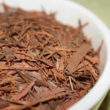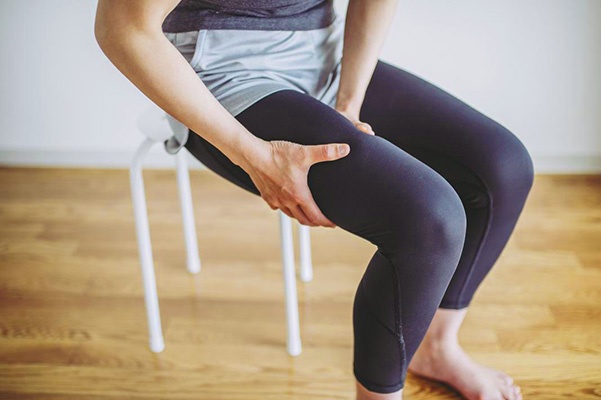Do not panic if your muscles are twitching — doctors say that majority of cases of such are completely harmless. Muscle twitching tends to go away on its own after a few seconds or minutes, although there are times in which it can last for a few days or even weeks.
Interested to know why you have muscle twitches? Then keep on reading. Here are some of the most common reasons why your muscles are twitching:
Dehydration
Your muscles need water in order for them to contract and relax without trouble. It’s exactly for this reason why you may end up with muscle twitches if you are dehydrated.
See to it that every single day you are drinking about 2 liters of water — more if you are sweating a lot due to exercising vigorously, engaging in manual labor or living where it’s blistering hot.
Lack of Electrolytes
When you sweat, it’s not just water that you lose but also electrolytes that your muscles and nerves need in order for them to function properly. One of the many symptoms of not having optimum electrolyte levels is muscle twitching.
To ensure that your body is supplied with enough electrolytes, add fresh fruits and vegetables to your diet. Feel free to have an energy drink if you are sweating profusely.
Excessive Coffee
Can’t live without having several cups of coffee per day? Then don’t be surprised if some of your muscles twitch every now and then — caffeine in coffee is a stimulant and too much of it can cause your muscles to twitch.
There’s one more reason why drinking lots of coffee can cause muscle twitching: coffee has diuretic properties, which means it can flush water out of your body. As mentioned earlier, muscle twitching can be due to dehydration.
Too Much Alcohol
Just like coffee, alcohol has diuretic properties. And that’s why it’s not unlikely for you to encounter muscle twitches if you consume it in excessive amounts.
Experts say that the intake of excessive amounts of alcohol can also have an unfavorable effect on the electrolytes in the muscles, thus causing your muscles to behave erratically such as in the form of twitches.
Lack of Sleep
It’s no secret that we need to have 7 to 9 hours of sleep per night — it’s while having a restorative kind of sleep when the various tissues and organs of the body get repaired and provided with much-needed rest.
Failure to get plenty of sleep causes the nerves to fail to carry out its task of sending messages from the brain to the muscles and vice versa, and this can cause your muscles to twitch.
Stress
Being stressed from time to time is perfectly fine. However, it is a completely different story if you are stressed all the time. One of the issues that you may encounter if you are stressed is the twitching of your muscles.
During stress, your body goes into what’s referred to as the fight-or-flight mode, and this can sometimes cause your nerves to misfire, resulting in the twitching of some of your muscles.
Antidepressants
Sometimes the twitching of the muscles can be due to the intake of certain medications. Some antidepressants are notorious for causing muscle twitching as some of their ingredients have caffeine-like properties.
It’s likelier for antidepressants to cause muscle twitching if they are coupled with supplements that help beat depression. Needless to say, it’s important to consult your doctor before taking any supplement.
Earlier, it was mentioned that most cases of muscle twitching are harmless. However, there are some instances in which it can be due to an underlying medical condition. And that is why it is a good idea for you to pay a doctor a visit without delay if your muscle twitching is accompanied by other unusual symptoms such as pain, numbness or weakening.












